
Computer industry and open source veteran Simon Phipps started Public Software, a European host for open source projects, and volunteers as President at OSI and a director at The Document Foundation. His posts are sponsored by Patreon patrons - become one if you'd like to see more!
Over a 30+ year career he has been involved at a strategic level in some of the world’s leading technology companies. He has worked in such hands-on roles as field engineer, programmer and systems analyst, as well as run a software publishing company. He worked with networking standards in the eighties, on the first commercial collaborative conferencing software in the nineties, and helped introduce both Java and XML at IBM.
In mid-2000 he joined Sun Microsystems where he helped pioneer Sun’s employee blogging, social media and community engagement programmes. In 2005 he was appointed Chief Open Source Officer at Sun Microsystems, coordinating Sun’s extensive participation in Free and Open Source software communities until he left in 2010. In that role he oversaw the conversion to Free software of the full Java platform and the rest of Sun’s broad software portfolio, all under OSI-approved Free licenses.
He takes an active interest in several Free and Open Source software organisations and also serves as a director of the UK's Open Rights Group, campaigning for digital rights. He was previously instrumental in the revival of the Open Source Initiative, serving as a director and as its President, a role to which he has now returned. A widely read thought-leader, he publishes regularly both on his own blog and in many other places such as IDG’s InfoWorld.

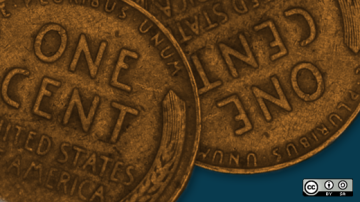
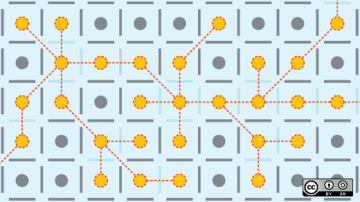

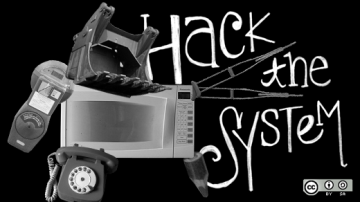
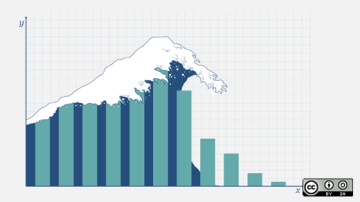
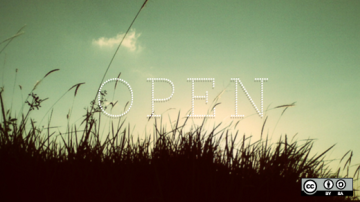

Authored Comments
I agree, Jonas. Using the two terms to divide what should be a united global community is what one song calls "old mens' rubble". What’s needed is to reconnect users of Open Source Free Software with the origin of the benefits they enjoy from it. That origin is software freedom, the certainty of being explicitly entitled to use, improve and share the software upon which you depend, without seeking further permission.
I wrote more here: https://meshedinsights.com/2017/06/07/free-vs-open/
You'll note this is a copy of an article written in July.